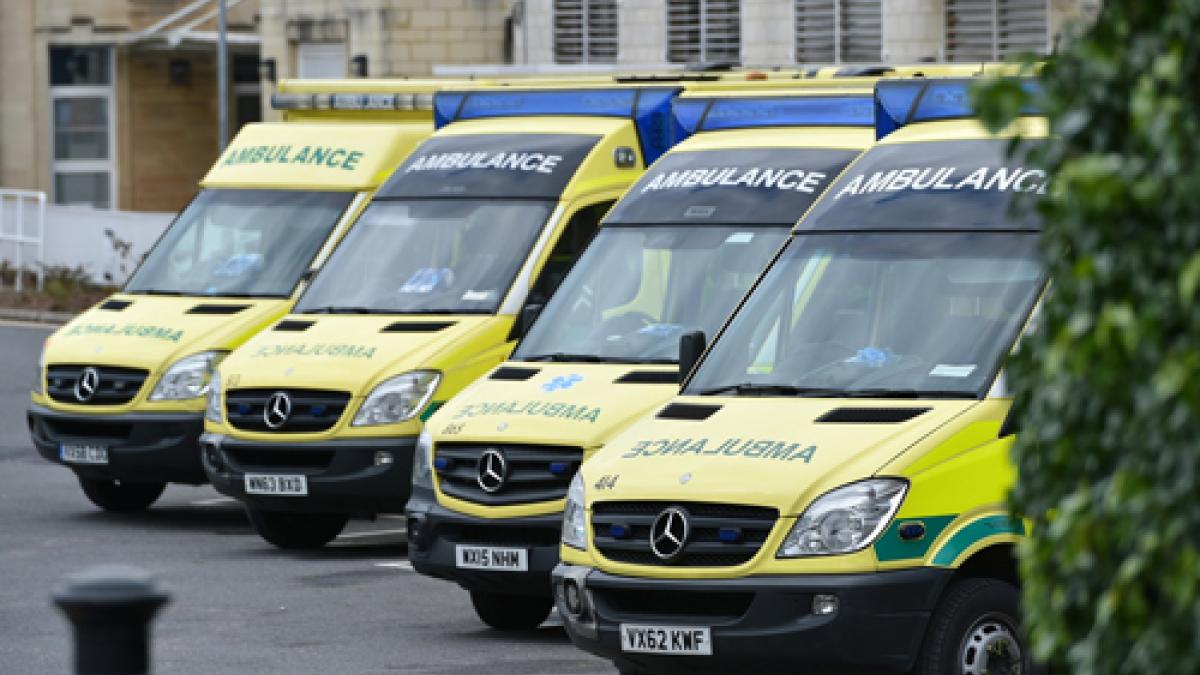NHS trusts in England should be providing specialist rehabilitation services for patients who experience injuries from major trauma.

Communication across the trauma network can improve care as patients move through acute and community services
This is according to the National Institute for Health and Care Excellence (NICE), which published a suite of guidelines on 17 February that aim to standardise trauma care in England.
The five different guidelines cover complex and non-complex fractures, spinal injury assessment, major trauma and major trauma services.
The institute says an estimated 1.8 million fractures occur in England every year and that major trauma is the most common cause of death in under 40 year olds.
In addition it cites a 2010 report by the National Audit Office, which found that the management of major trauma patients was inadequate in England.
As a result the guidelines include recommendations on the best methods to stop bleeding in different injuries, and ways for clinicians to manage open fractures - where the bone tears through the skin - more effectively.
Rachel Martin, chair of the Association of Trauma and Orthopaedic Chartered Physiotherapists (ATOCP), said: ‘Physiotherapists play an essential role at all stages of the fracture patient's pathway from diagnosis to end stage rehabilitation.
‘ATOCP is passionate about influencing changes in practice to allow early weight bearing and range of movement where appropriate to avoid complications and achieve the best outcome for our patients.’
Dedicated services and better communication
Recommendations from the guideline on major trauma service delivery state that hospital trust boards, senior managers and commissioners should
- provide a dedicated major trauma service for patients, which includes acute specialist trauma rehabilitation services
- ensure that key workers in major trauma centres organise ongoing care including discharge planning, transfers and rehabilitation
In addition, all five guidelines suggest that there should be better communication within trauma teams and for patients, family members and carers.
Ms Martin said: ‘ATOCP recognises the need to improve communication between therapists throughout the trauma network to ensure patients get the treatment they need as they move through the acute and community services.’
Research into access to early rehabilitation
The guideline on major trauma service delivery also recommends research into what factors may prevent people with major trauma receiving early rehabilitation after rehabilitation assessment – and what changes to services are needed to overcome these barriers.
The guidance states that: ‘Major trauma often results in people living with disability that results in a reduced quality of life. It is thus imperative to maximise access to rehabilitation to speed physical and psychological recovery after injury.’
Number of subscribers: 0



































